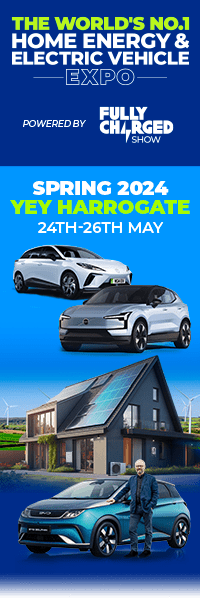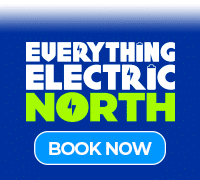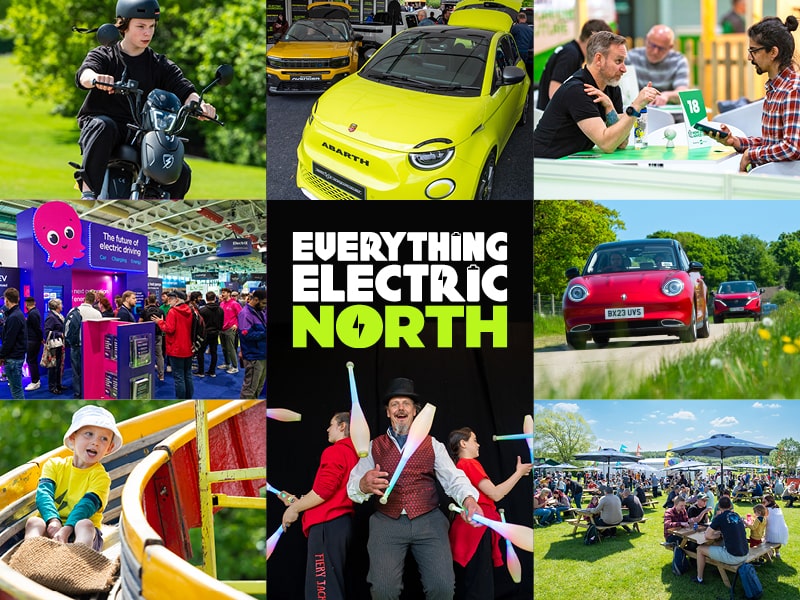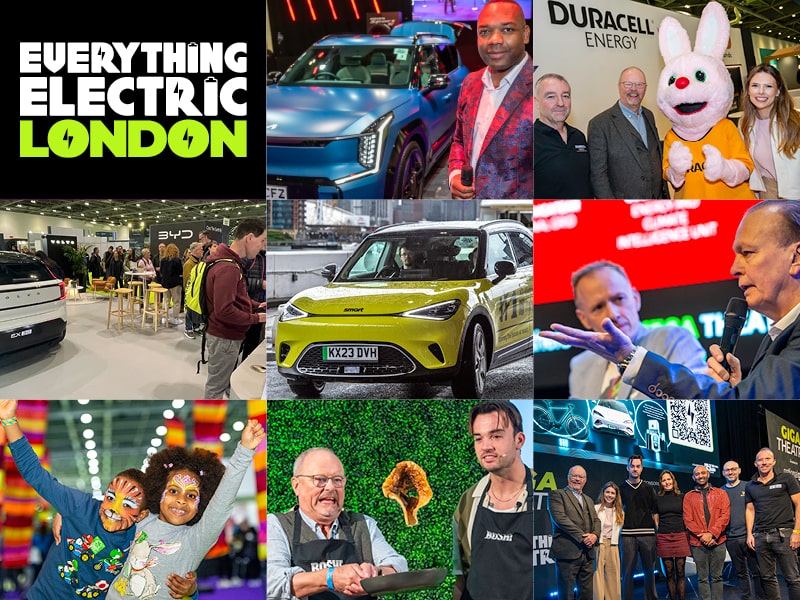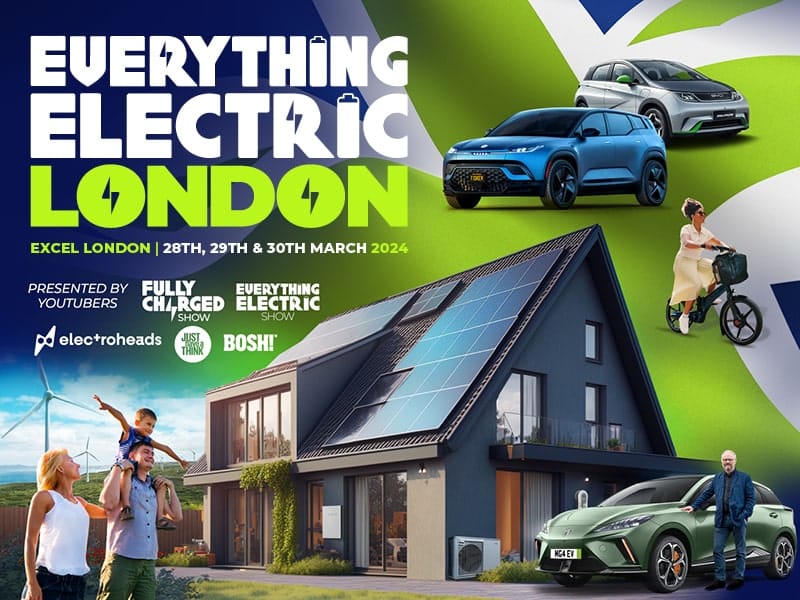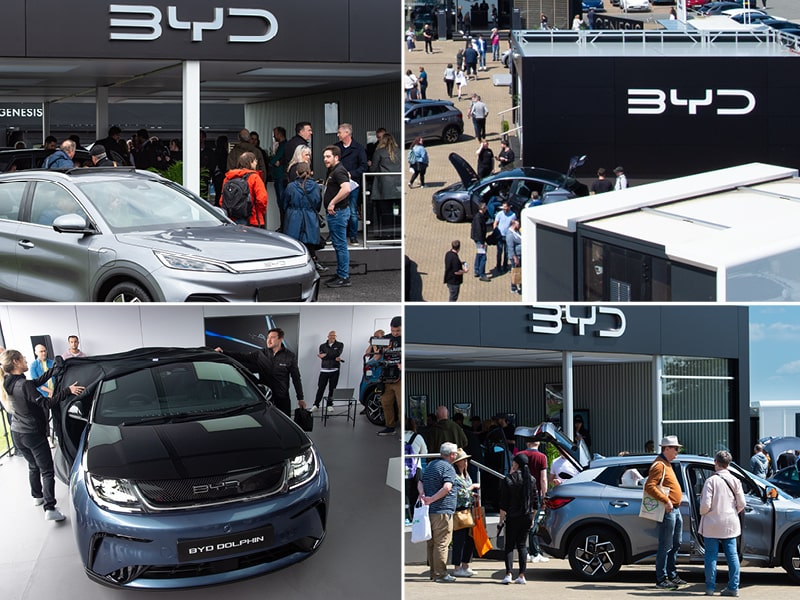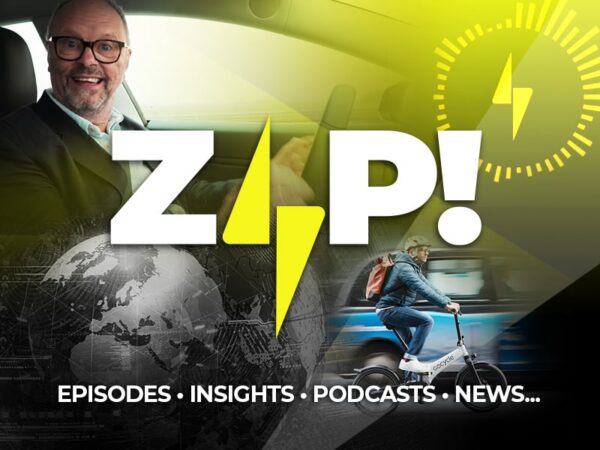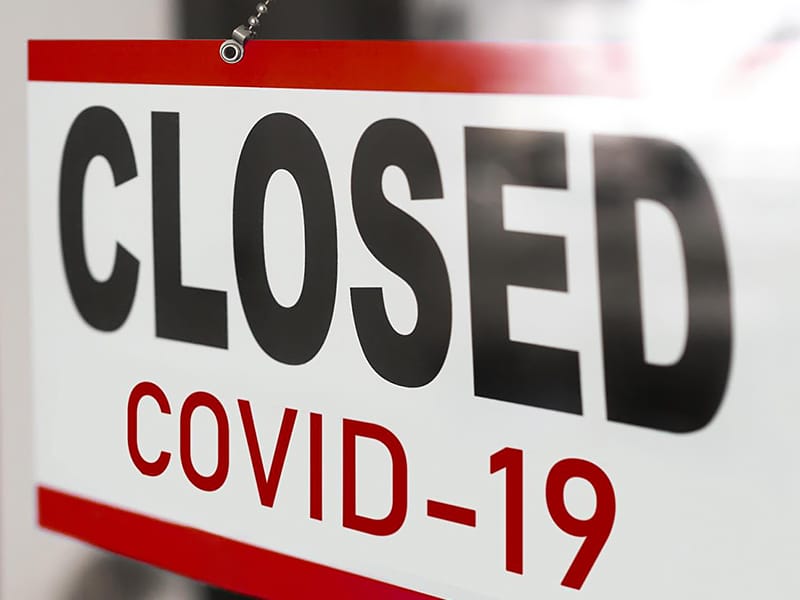
COVID-19 has given us all pause for thought, let's make use of that thinking time
The world’s ‘engine’, whether you like it or not, is the economy. Coronavirus has caused us to turn that engine off, and now, rather nervously, we are inserting the key back into the ignition.
But shouldn’t we reset the motor, rather than restart the engine? It’s the digital age after all, not the oil age, and once the current crisis recedes, decarbonisation is our next emergency.
This ‘hard stop’ has had people questioning their consumption, and the results of that consumption, in ways that were virtually unthinkable a few months before, but if we want to make a difference where do we begin?
A team of international researchers, recently screened ~7,000 studies from across the globe to develop a list of the most effective changes to household consumption to cut our carbon footprints.
Their work has helpfully highlighted which changes would make the most impact, and the results are revealing.
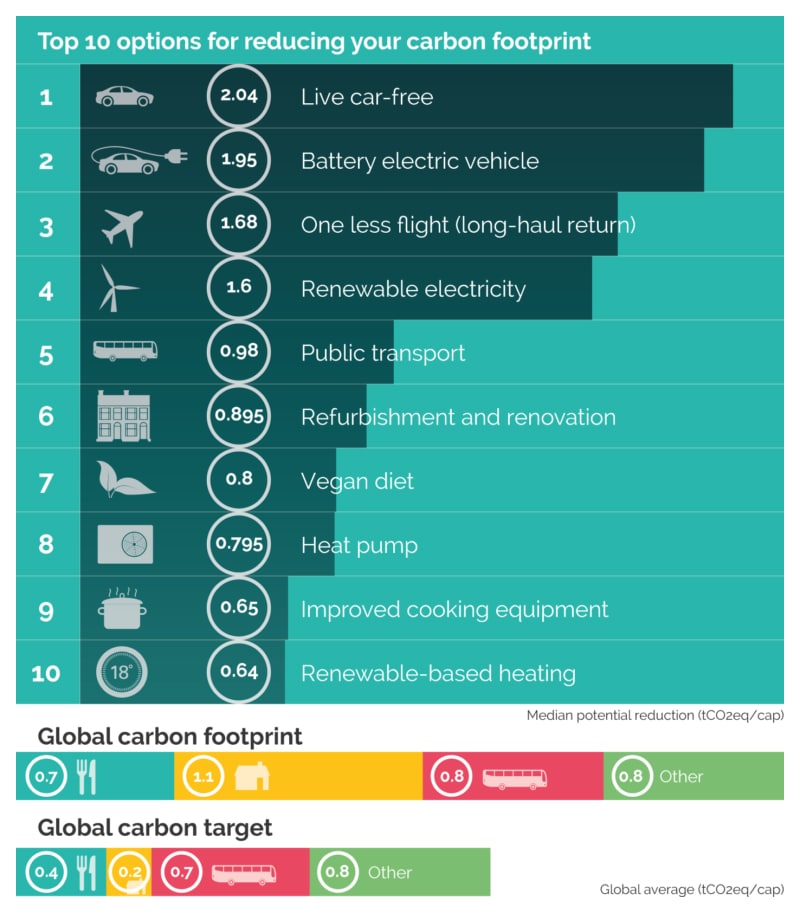
Firstly, abandoning your car would likely be the biggest thing you can do, and as *some* of us have been shown working from our ‘hooked up’ homes is not half as hard as it appeared.
There will be lots of families working out now whether they could go carless, or at least have a car less, and while people might be public transport phobic right now, that will fade in time.
But beyond the emotional attachment, most people won’t want to, or even be able to do without their cars, so in that instance a battery electric vehicle makes almost as much difference as ditching your combustion car.
That’s a major revelation. But we are not saying you should necessarily switch your current car today. There is a natural changeover point for each of us, and that’s a logical time to ‘ditch and switch’.
We also understand that new cars are an incredibly expensive investment, and on Fully Charged we cover other ways to switch, such as used electric cars, or downsizing to a smaller vehicle, including e-trikes and e-bikes.
Next up, and it will be higher if you’re a regular long-haul flyer, would be to really think about the number of flights you take.
Many of us have been guilty of getting on a plane without a second thought, but we have to start asking more often ‘do we really need to fly’? Again video call apps, like Zoom, have shown that business trips in particular are replaceable.
At Fully Charged for example, we are working towards having hosts and teams in different geographies, so we don’t have to burn carbon to shoot an episode in which we are educating people to burn less carbon.
On personal flights there is a world of difference between essential visits to close friends and family in far flung places, and non-essential flights (and I am particularly thinking about long weekend stag-dos here).
It’s conceivable that in the wake of COVID-19, we will start to appreciate all the destinations that have been under our noses, and we will witness a resurgence in overlanding in our own, or neighbouring countries.
We are as excited, as we are surprised, at the prospect of ‘electric flight’ but it will be a while before it’s available and will almost certainly be about short-haul for the foreseeable future.
Renewable electricity is fourth on this list, and if you are unable to afford your own solar panels, switching to a renewable energy tariff is not difficult to do.
In fact, if you haven’t done it, we might even ask what are you waiting for? Just be sure to choose an energy supplier that is investing the money you invest in them in adding renewable generation or the deployment of other clean energy technologies.
There are a few, that are doing the barest minimum in that regard, and aren’t really advancing renewables or clean energy at all, but there are others that are radically transforming the energy landscape.
The good news is that power grids the world over are getting cleaner and cleaner, as it becomes clearer and clearer, that the world can largely run on renewables like hydroelectricity, solar and wind; especially as energy storage unlocks their latent potential.
Mass public transport is an incredible thing and will doubtless rebound and reinvent itself in a post-COVID economy, so if you can use it instead of a private vehicle then this will make a very real impact.
Buses and trains will also only get cleaner. Electric buses are the here and now (China has more than 420,000) and they’re being rolled out in cities and towns around the world at considerable speed.
Less impactful, but also important options include refurbishing and renovating your property, for a relatively small investment. Top tips include insulating your home and optimising your energy use (especially heat) with a multi-room thermostat.
Equally, when your boiler gets to the end of its life, we would recommend switching to ‘electric heat’ in one of its many forms (air source heat pumps, ground source heat pumps, electric heater plus thermal battery, infrared heating etc).
We are especially optimistic about these technologies, when the ‘heat-as-a-service’ business model is realised, and upfront costs are significantly reduced. We will get into these hot topics more on Fully Charged this year too.
We have covered meat-free burgers on Fully Charged before, and veganism is ‘trending’ around the world not only because of its significantly reduced environmental impact, but also its health benefits (see The Game Changers for a real eye-opener).
On the subject of food, ‘cooking equipment’, such as your gas hob also have a big effect (as do open fires and wood burners by the way), but electric induction hobs are highly sophisticated alternatives these days.
And finally, we have an episode coming soon on Food Miles. Is it better to ship bananas from the southern hemisphere in carbon-intensive cargo vessels, or to grow them in the northern hemisphere in carbon-intensive greenhouses? It’s complicated.
But this thought process, ‘how we consume things, and where they come from’ should really apply to all of our purchases. After all, do we really need so much stuff? We cover and we will continue to cover all of these options, and many more, so subscribe to Fully Charged on YouTube.
However you start, whatever you can afford to do, just start (and encourage your friends and families to do the same).
Dan Caesar
Managing Director
